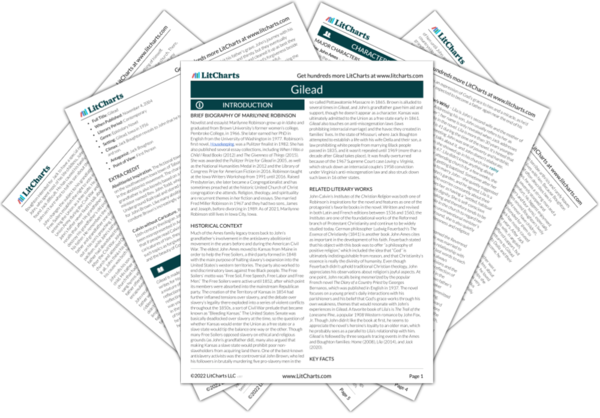Between Edward and his father, things were different. Their father took Edward’s refusal to say grace as a personal insult instead of an act of conscience. Granted, Edward’s response
does seem pointedly offensive: he quotes a Bible verse that says, “When I was a child, I spoke as a child […] but when I became a man, I put away childish things.” In other words, Edward calls his parents’ faith childish, something he’s outgrown.
